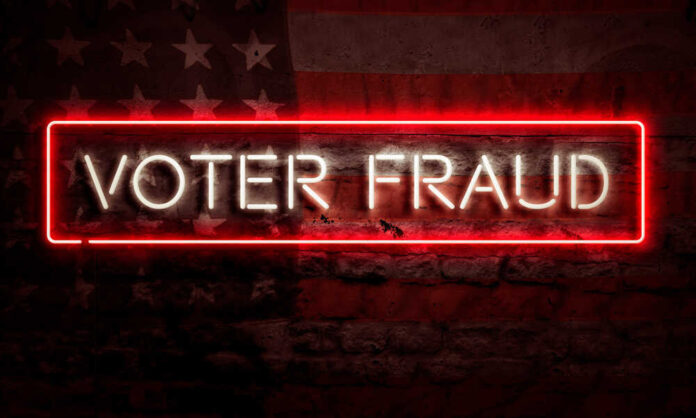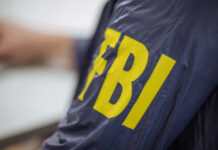
Revealing why election integrity warriors have been sounding the alarm, a voter fraud scheme has been exposed, and now two suspects face serious federal charges.
These individuals submitted approximately 500 fraudulent voter registrations as part of a paid scheme.
Federal prosecutors have charged Ronnie Williams and Lorraine Lee Combs with conspiracy to commit voter registration fraud after they created fictitious names and data to fill out Minnesota voter registration forms in 2021 and 2022.
The scheme was revealed after a two-year investigation conducted jointly by the FBI and the Minnesota Secretary of State’s Office.
According to court documents, Williams provided these fraudulent forms to an entity referred to only as “Foundation 1,” which paid him for his efforts.
Williams then shared these proceeds with Combs, who admitted to personally filling out approximately 500 forms.
Despite her deep involvement, Combs claimed ignorance of the foundation’s name and the full extent of Williams’ illegal activities.
Both defendants now face up to five years in prison for their actions. Court documents indicated they plan to plead guilty, with plea hearings already scheduled for June and July.
What remains unexplained is why “Foundation 1” and other intermediaries involved in this scheme have not faced charges, raising questions about selective prosecution.
“Election fraud strikes at the heart of our democracy. Thankfully, the FBI stopped this fraud in its tracks, before anyone successfully cast a fraudulent ballot. But we will stay vigilant,” said Acting U.S. Attorney Joseph Thompson.
While Minnesota Secretary of State Steve Simon has emphasized that the state’s safeguards detected these fraudulent applications before any illegal votes were cast, the case nevertheless demonstrates the very real threat of organized election fraud.
It took state officials and the FBI two whole years to bring charges in this case, highlighting the time and resources required to investigate just one voter fraud operation.
Perhaps most concerning is how little Americans know about “Foundation 1” and its motives.
The lack of transparency regarding this mysterious foundation leaves many unanswered questions about who may be financing similar operations across the country.
“Our message to would-be fraudsters is clear: If you try to trick or scheme your way into registering voters in Minnesota, you will be caught and prosecuted,” Secretary Simon said.
While officials touted this case as proof that safeguards work, patriots should instead view it as confirmation that determined actors are actively attempting to undermine the elections through organized fraud.
The fact that this scheme involved creating completely fictitious voter identities and was perpetrated by paid operatives should concern every American who values election integrity.
This case is a reminder of why voter ID laws, regular voter roll maintenance, and vigilant oversight are essential to protecting the most sacred right.
With 500 fraudulent applications submitted in just one scheme, one can only wonder how many similar operations might be active nationwide – and whether all jurisdictions have the same level of safeguards Minnesota claims to have implemented.



















